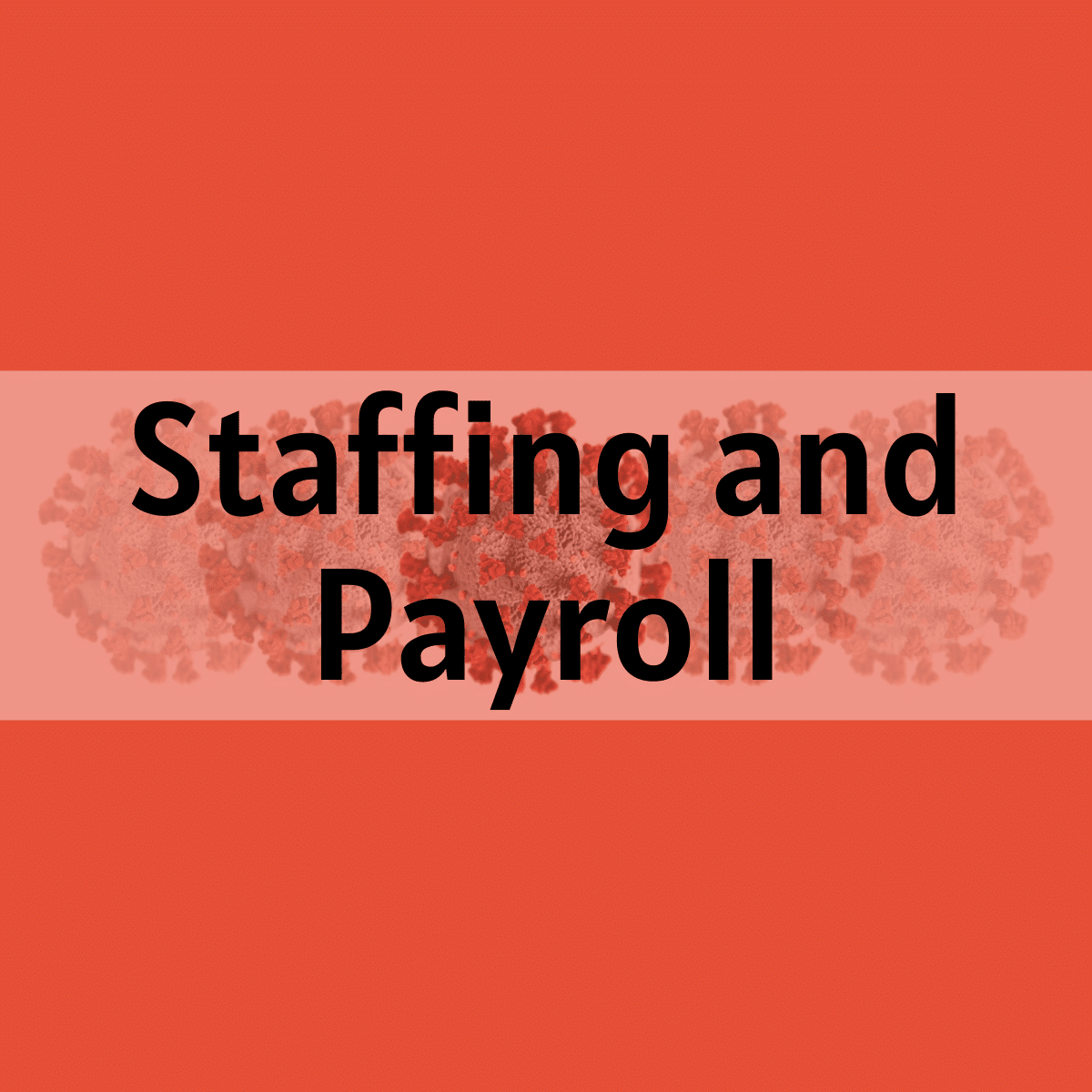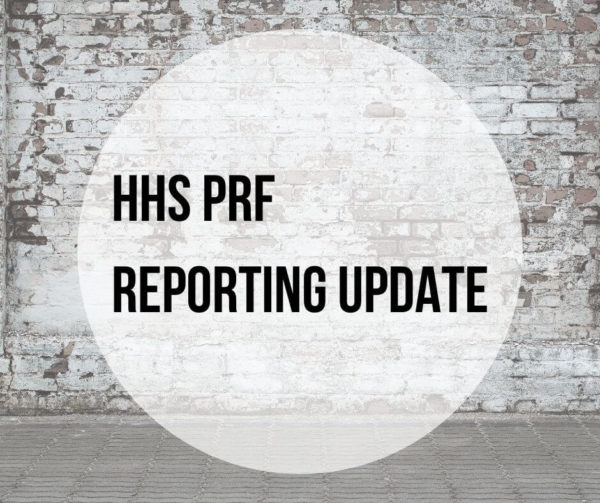As you gear up for reopening, employees are working sporadic hours to disinfect the office, install partitions, stock PPE, etc., but may be otherwise largely unemployed. Additionally some of you are using PPP money to pay employees beginning on your next regular payroll for a pay period that includes at least some shelter-at-home time. When the practice is operational and everyone is working normal hours, payroll is easy! But when your employees are on temporary unemployment, the random work hours create confusion. Should the employees cancel their unemployment? Can they receive wages and unemployment? Can they work hours now voluntarily and receive a bonus for them at end of month payroll? What constitutes unemployment fraud? Great questions all!
This is a confusing topic with every case being a slightly different scenario but we’ll try to hit the high points. Let’s start with the last question—what is unemployment fraud? According to the Texas Workforce Commission which almost surely applies in all states, fraud is committed if false or misleading information is knowingly reported or relevant information is withheld in order to increase benefits. The key here being—it’s intentional. And it’s committed by the person receiving the benefits. You can’t commit unemployment fraud on behalf of your employees. It is what they knowingly misreport that would result in fraud for them. Fraud consequences include penalties, criminal charges and prohibition from unemployment benefits in the future.
Much more frequent are errors by unemployment recipients that result in overpaid benefits. Employees that receive too much unemployment income must repay those benefits even if they were not at fault for the error. The most common error resulting in incorrect benefits during this COVID situation is failing to report work hours or earnings. And part of the confusion comes ironically from the word “work!” In what other situation do your employees get paid to sit at home?? If they are not working, but are getting paid, they should report those hours as hours worked. In fact, if they are essentially getting their full pay, they are no longer unemployed. You can help your employees in this situation by communicating clearly with them: “I am going to pay you on the 15th for 60 hours.” Or “I am going to pay you on Friday according to your normal work schedule.”
Some employees currently receiving unemployment benefits are concerned about reporting their random work day for fear their benefits will be cancelled. Yes, these few work hours will almost certainly reduce their benefits. But a few hours here and there are not likely to eliminate or cancel their benefits entirely. Regardless, they are required to disclose them. All earnings are eventually reported to State Unemployment and if a discrepancy is discovered, the employee will have to repay any erroneous benefits…or worse if the “error” is perceived as intentional. You can help your employees in this situation by keeping on your normal payroll schedule and promptly paying them for all hours worked. The confusion comes when you pay them “later” for those hours. If they are working hours in advance for no current pay, they are confused about what to report. If they report the hours, which is correct, their benefits will be reduced. But they will be hesitant to accept reduced benefits knowing their pay from you will also be postponed. Not hesitant because they are dishonest, but because they are anxious about how they will pay their bills. Because in reality employees don’t volunteer hours. An employee who “volunteers” hours with the expectation that you will make it up to them later, is simply working for delayed compensation. Although you as the employer are not responsible for how they report their hours to Unemployment, you don’t want to enable them to misrepresent their situation.




